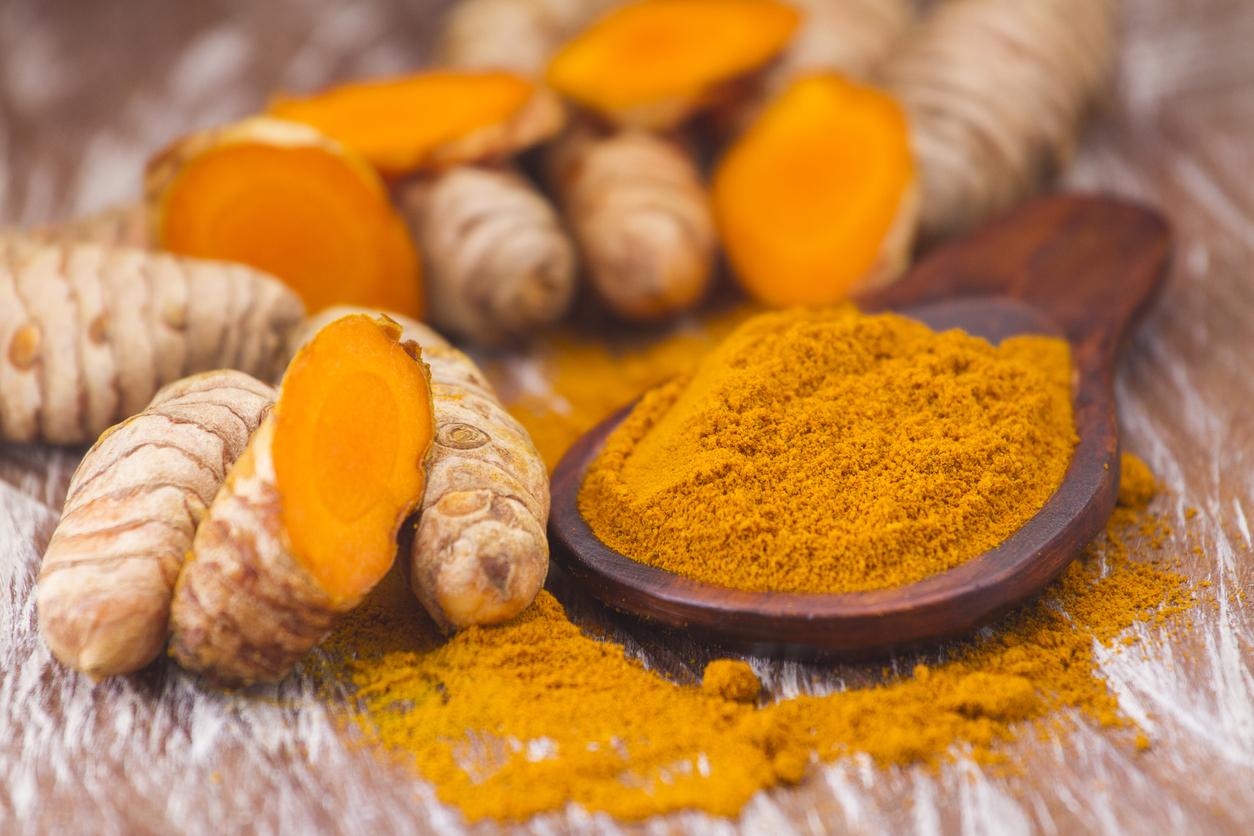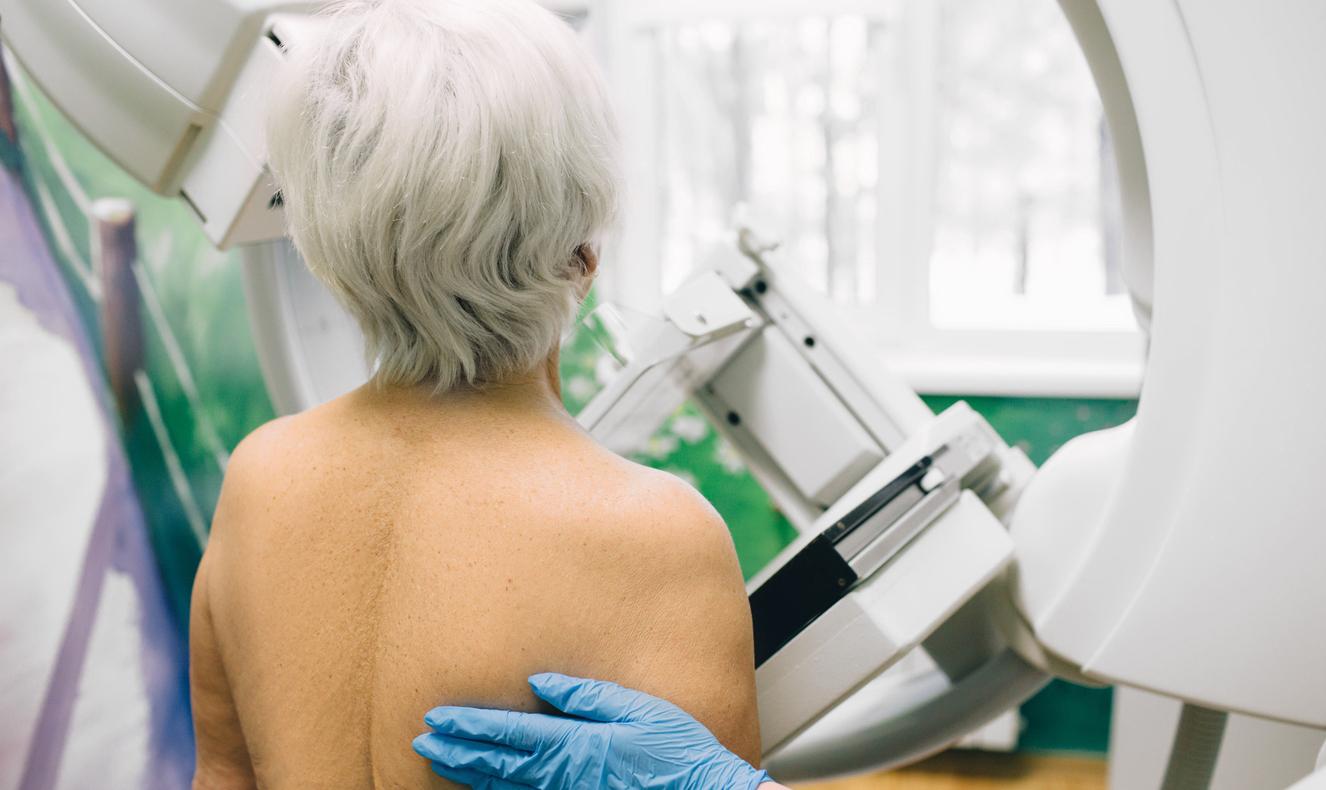Psoriatic arthritis is a chronic inflammatory joint disease (arthritis) associated with psoriasis. LSymptoms are characterized by inflammatory joint pain, occurring at night and in the morning. They can sometimes also affect the spine. Most of the time, psoriasis precedes inflammation of the joints and spine. In rare cases, symptoms of arthritis and psoriasis occur at the same time.
Current treatments cannot yet cure this disease, which affects both men and women, often between the ages of 20 and 50, but they can slow down its progression. By intervening in certain processes of the immune system, they also prevent joint erosion. In addition, some natural remedies can reduce inflammation in order to regain joint comfort without necessarily resorting to anti-inflammatories.
fish oil
fish oil, rich in eicosapentaenoic acid (EPA), a fatty acid from the omega 3 family, helps to lower the level of proteins responsible for inflammation, provided you take between 3 g and 4 g per day. Note however that fish oils can take two months before starting to act effectively.
turmeric
turmeric would also have an effect on the reduction of certain inflammatory proteins. Research on a small group of patients would have shown that curcumin (one of the active ingredients in the spice) had the same effectiveness in relieving pain as a low dose of diclofenac.
The standard intake is 1.5 g of powder per day or half a teaspoon (with a pinch of pepper).
white willow
white willowis interesting for all inflammatory pain because it contains a molecule, saligenin, which is transformed into salicylic acid (the good old aspirin) when it is metabolized by the liver. Admittedly, it takes a little longer to act than aspirin (at least 2 hours before being metabolized) but it then acts for eight hours.
Take the white willow in decoction (a teaspoon for a bowl), once a day, (5 days a week.
Devil’s claw
devil’s claw root (also known as Harpagophytum) is an anti-inflammatory herbal remedy used to relieve rheumatic pain. Its use is also recognized to treat degenerative musculoskeletal disorders because it improves mobility.
Take 1 or 2 tablets (or capsules) of 500 mg, 3 times a day.
Vitamin B12
While it is not yet proven that vitamin B12 intake can affect inflammation, researchers have discovered that people who suffer from psoriatic arthritis also have vitamin B12 deficiencies.
This vitamin is mostly found in green vegetables, dried beans, peas, whole grains, liver and egg yolk.
Read also :
- Arthritis: 4 preconceived ideas to quickly forget
- What if seaweed could cure arthritis?
- Knee pain on stairs could signal arthritis
















